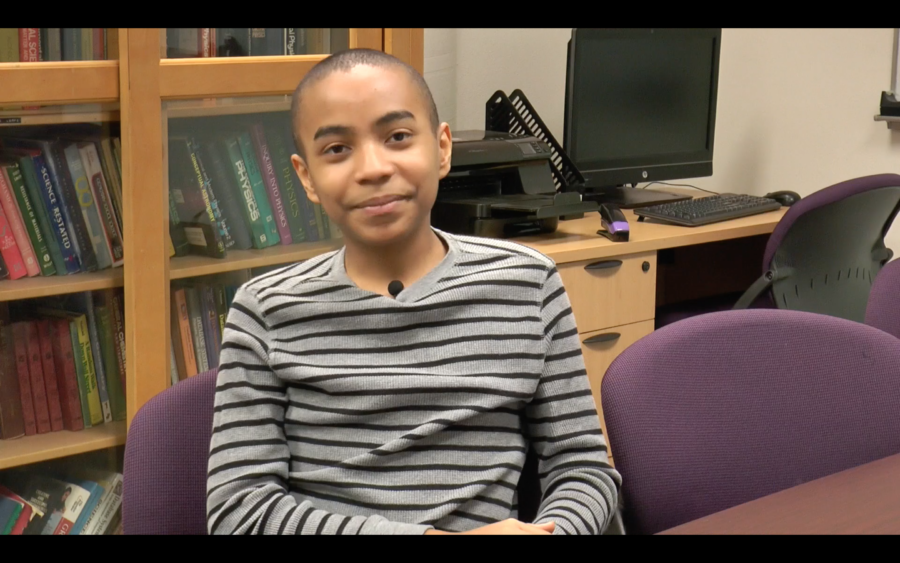Grandmama Melda Henton was on her way home from work one day in 1975 when she was hit by a car in Port Arthur. The accident broke most of the bones in her body, but the driver sped off and left her for dead.
Henton’s employer found her hours later, contacted Henton’s family and rushed her into the hospital, but she wasn’t immediately given medical attention — not until the next day — because of her black skin, said senior communications major Tracy Williams, Henton’s granddaughter.
My grandmama was taken to the hospital the day of the accident, but the first hospital did not accept her. The next day she was emitted into a different hospital, but her visit was cut short and she still didn’t receive the attention needed, Williams said.
Grandmama’s third visit to another hospital was where she received the medical attention needed.
“She healed and never once said a menacing word against those persons who hit her. Instead of being consumed by hate, my grandmother moved on and continues on today working with little children and singing.” Williams said.
Black History Month is counting down its final days of celebration. There has been soul food in The Main, art exhibits and the upcoming Apollo Night. But Williams’ grandmother is a walking account of the Tragic to Triumph theme carried through out the month.
Williams said the greatest triumph is the ability to keep moving forward and that Black History Month is a time to cherish the progress achieved and future achievements.
Greg Trevino, assistant director of Intercultural Education and Services, said this month is a time to reflect on the success of African American individuals throughout American history.
Yendor Reese, a sophomore communication studies major, said he finds pride in who he is because of the struggles his black ancestors went through.
“Their songs of encouragement and inspiration still reigns in hearts today and when I feel discouraged in seeing change I sing them,” Reese said. “My favorite song growing up was, ‘We shall overcome.’ ”
Sophomore physics major Clement Ogujiofor said he was pleased with most of the events but disappointed with the myths forum because it was meant for racial groups besides African American and only black students attended.
“There is no point in telling ourselves what we already know, but I’m sure some things were still learned,” Ogujiofor said.
Trevino said uneasiness toward culture programming existed when he was a student here.
“You can point to the lack of white students at cultural events as apathetic but there could be uneasiness because that individual has never been a minority before,” Trevino said. “I find that interesting because our minority students feel that same way coming into TCU but yet are expected to fit right in.”
“When tables are turned, it becomes uncomfortable,” Trevino said. “If anything, it’s an education process and that’s what we try to do here at TCU, build our students into better leaders by providing them opportunities to learn more about other cultures.”
“As long as we are moving forward we never have to dwell long on the past, and can savor the success of the past, present and future. For we know that even though we may struggle on our journey, that struggle is still one step toward success. The past is there to serve as an anchor for us, but in time, all anchors are raised in order for the journey to continue,” Williams said.

